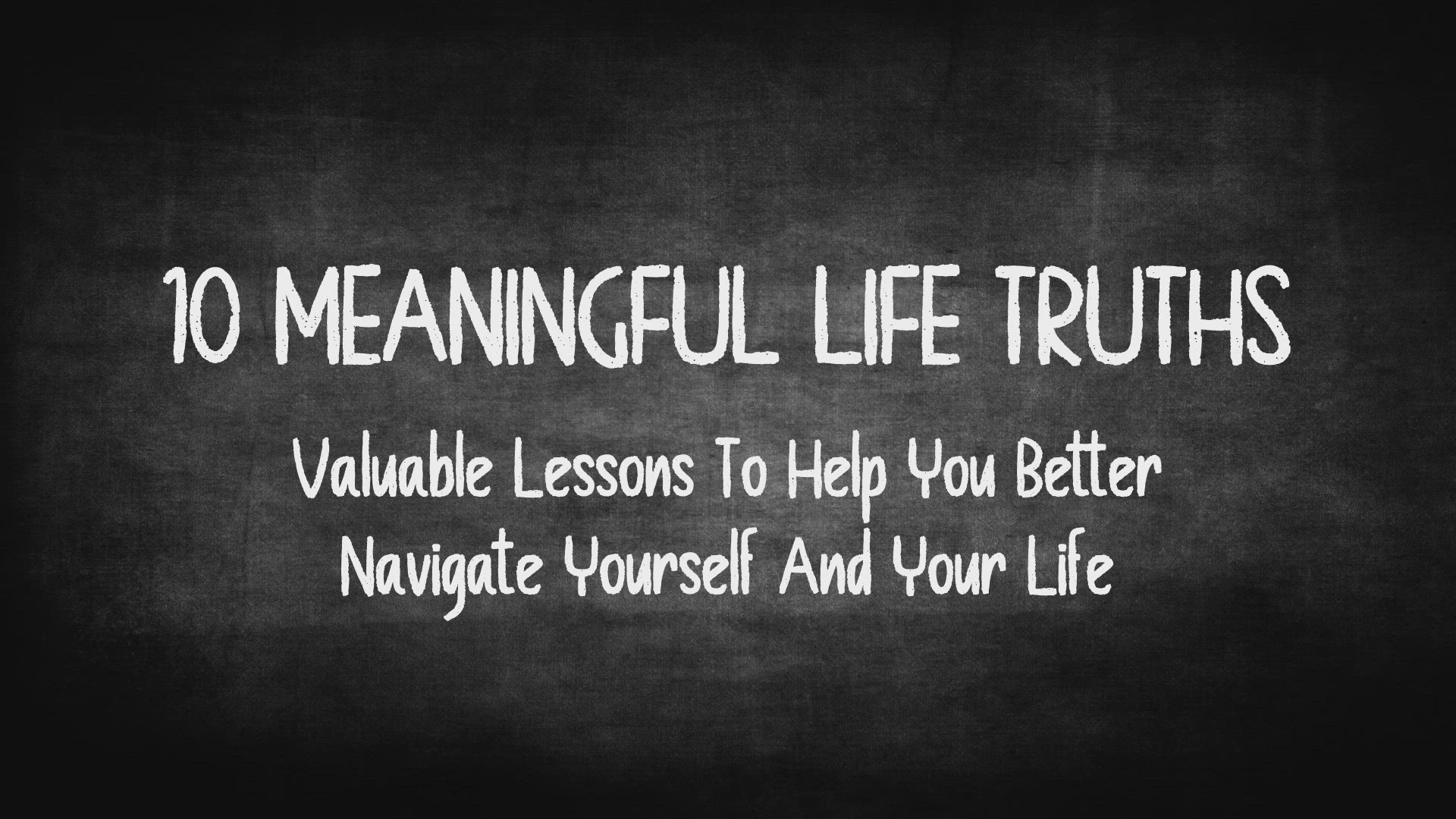
10 Meaningful Life Truths - Valuable Lessons To Help You Better Navigate Yourself and Your Life
Jun 28, 2024
Life Is A Great Teacher. It's filled with truths and lessons that you need to embrace. Let’s review 10 Meaningful Life Truths. Love And Pain Both Change Us In Profound Ways. You can't remain unchanged when you've been touched by love and it's impossible t
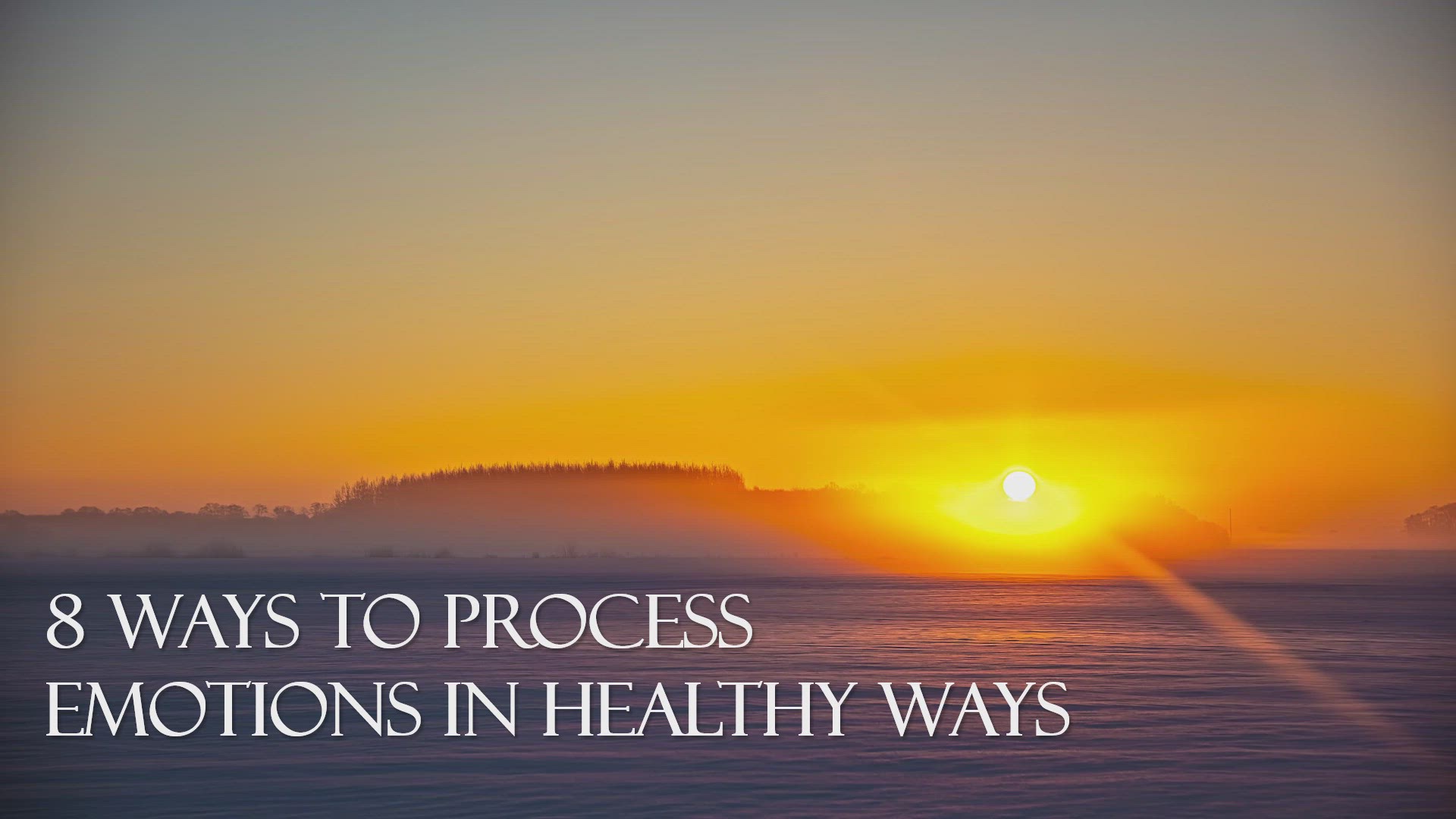
8 Ways To Process Emotions In Healthy Ways
Oct 6, 2024
Emotional health is an important consideration for our overall wellbeing. Emotional regulation is the best way to process emotions in healthy ways, versus the dysfunctional methods of denying and stuffing our feelings. One of the first steps in the healt

8 Ways To Process Emotions In Healthy Ways
Oct 6, 2024
Emotional health is an important consideration for our overall wellbeing. Emotional regulation is the best way to process emotions in healthy ways, versus the dysfunctional methods of denying and stuffing our feelings. One of the first steps in the healt
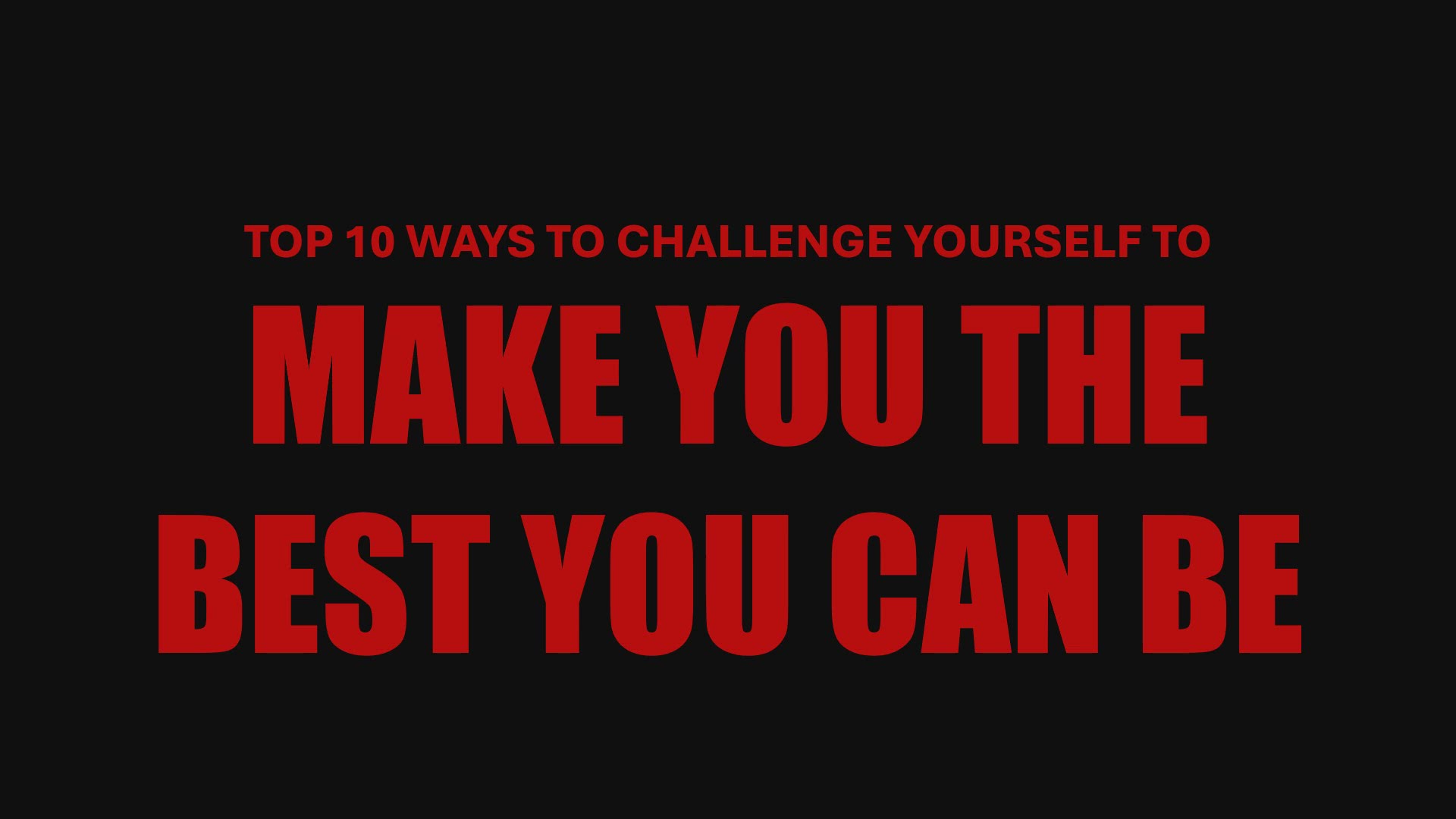
Top 10 Ways To Challenge Yourself To Make You The Best You Can Be
Oct 24, 2024
We should always strive to be a better person each day than we were the day before. You’ll need to take a journey of self-discovery to identify your specific needs. Today, we’ll look at ten challenges that can make anyone the best they can be. Conquer a
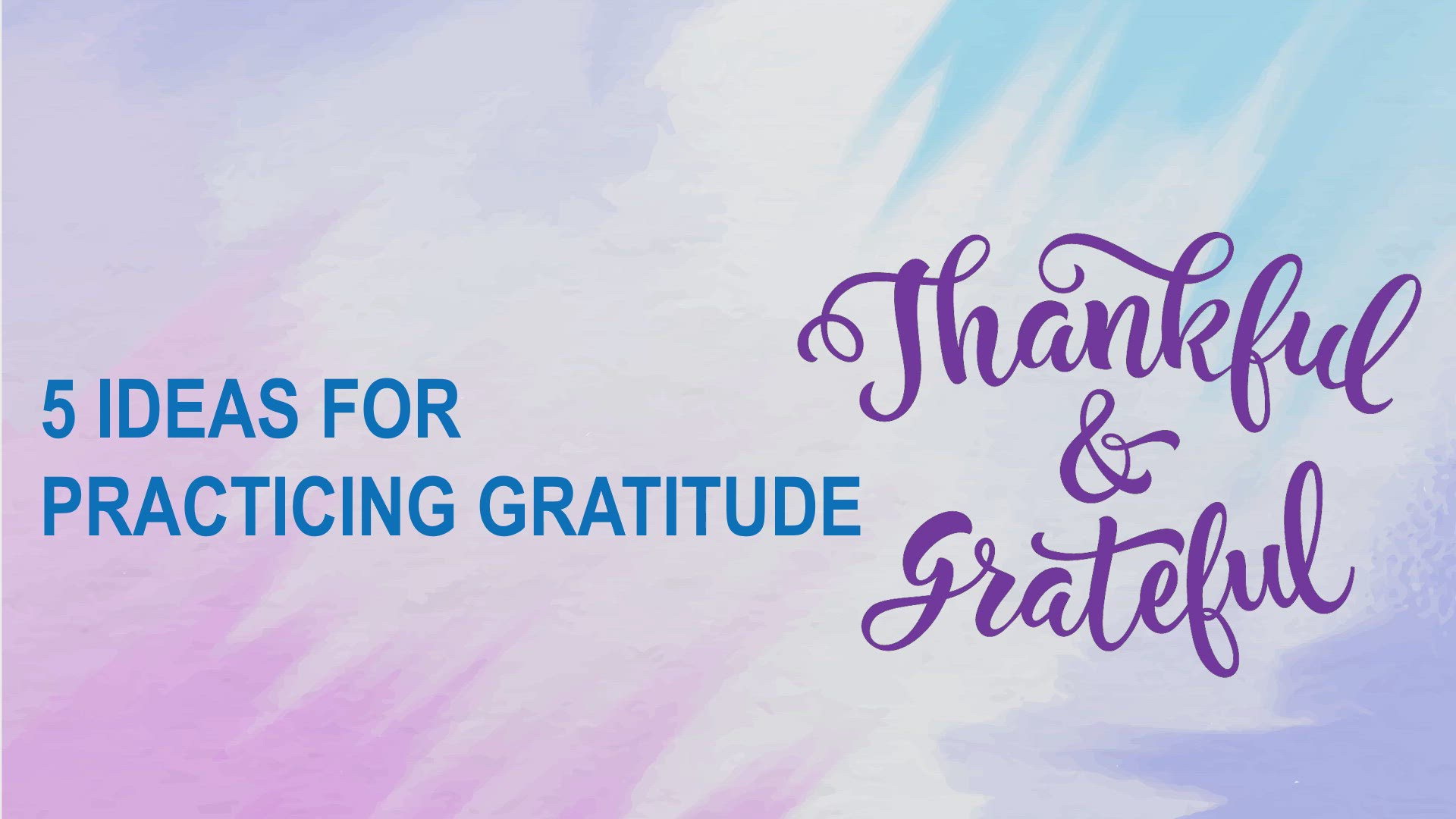
5 Ideas For Practicing Gratitude
Nov 11, 2024
Welcome to this presentation of 5 Ideas For Practicing Gratitude. Gratitude is believed to be one of the top practices to change your life. From making you happier and more optimistic to enhancing your heart health and immune functions, being grateful com

5 Ideas For Practicing Gratitude
Nov 11, 2024
Welcome to this presentation of 5 Ideas For Practicing Gratitude. Gratitude is believed to be one of the top practices to change your life. From making you happier and more optimistic to enhancing your heart health and immune functions, being grateful com

5 Ideas For Practicing Gratitude
Nov 11, 2024
Welcome to this presentation of 5 Ideas For Practicing Gratitude. Gratitude is believed to be one of the top practices to change your life. From making you happier and more optimistic to enhancing your heart health and immune functions, being grateful com
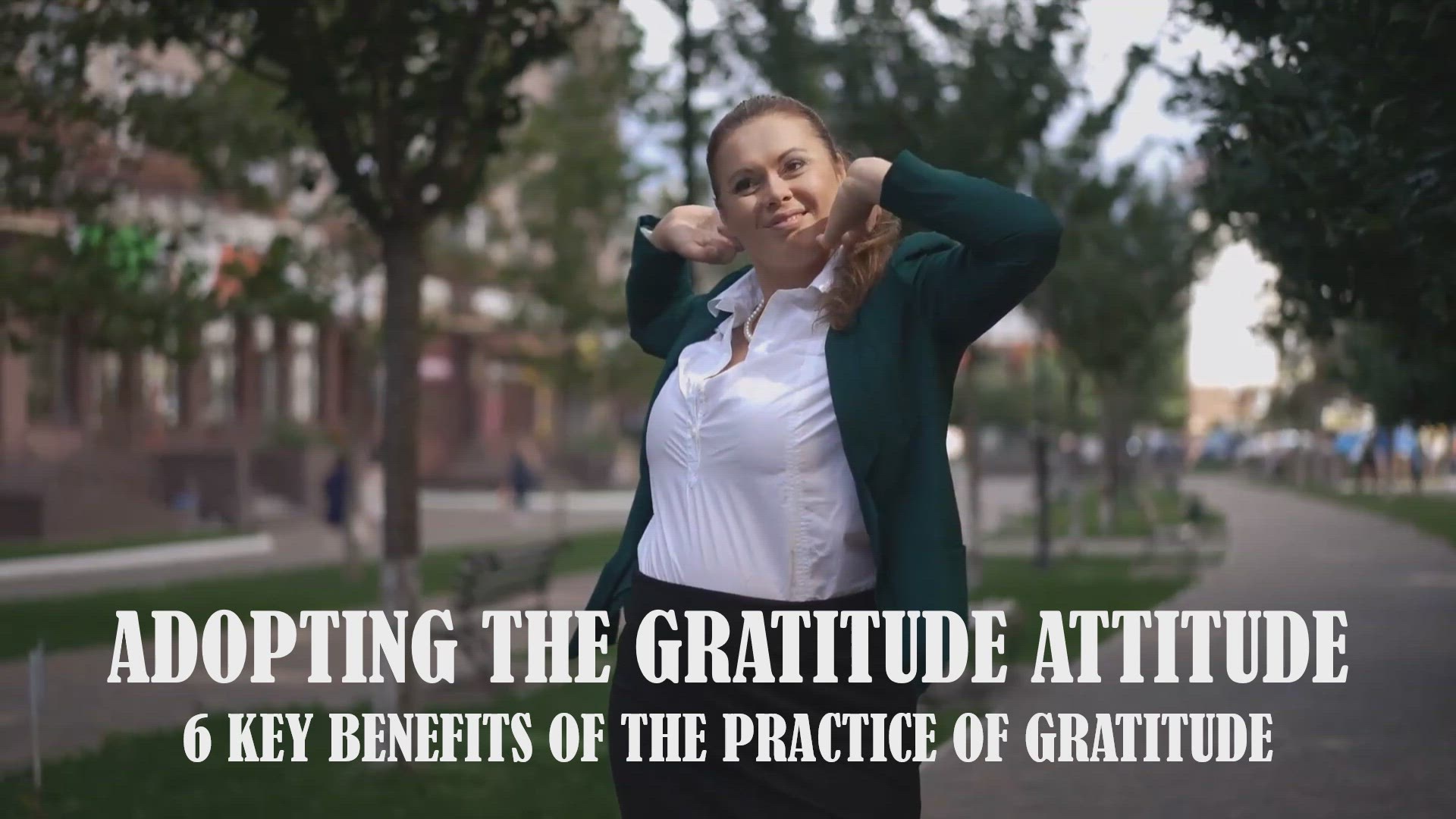
Adopting The Gratitude Attitude - 6 Key Benefits of the Practice of Gratitude
Nov 11, 2024
6 Key Benefits Of The Practice Gratitude Video Voiceover Script Welcome to this presentation of Adopting The Gratitude Attitude. 6 Key Benefits Of The Practice Of Gratitude. Practicing gratitude, or intentionally focusing on the good things in our lives

10 Key Benefits Of Setting Goals
Jan 20, 2025
One of the best things you can do for yourself is setting goals. There are a variety of great benefits associated with setting goals besides actually achieving them. For example, consider these ten key benefits of setting goals for yourself. Setting goal
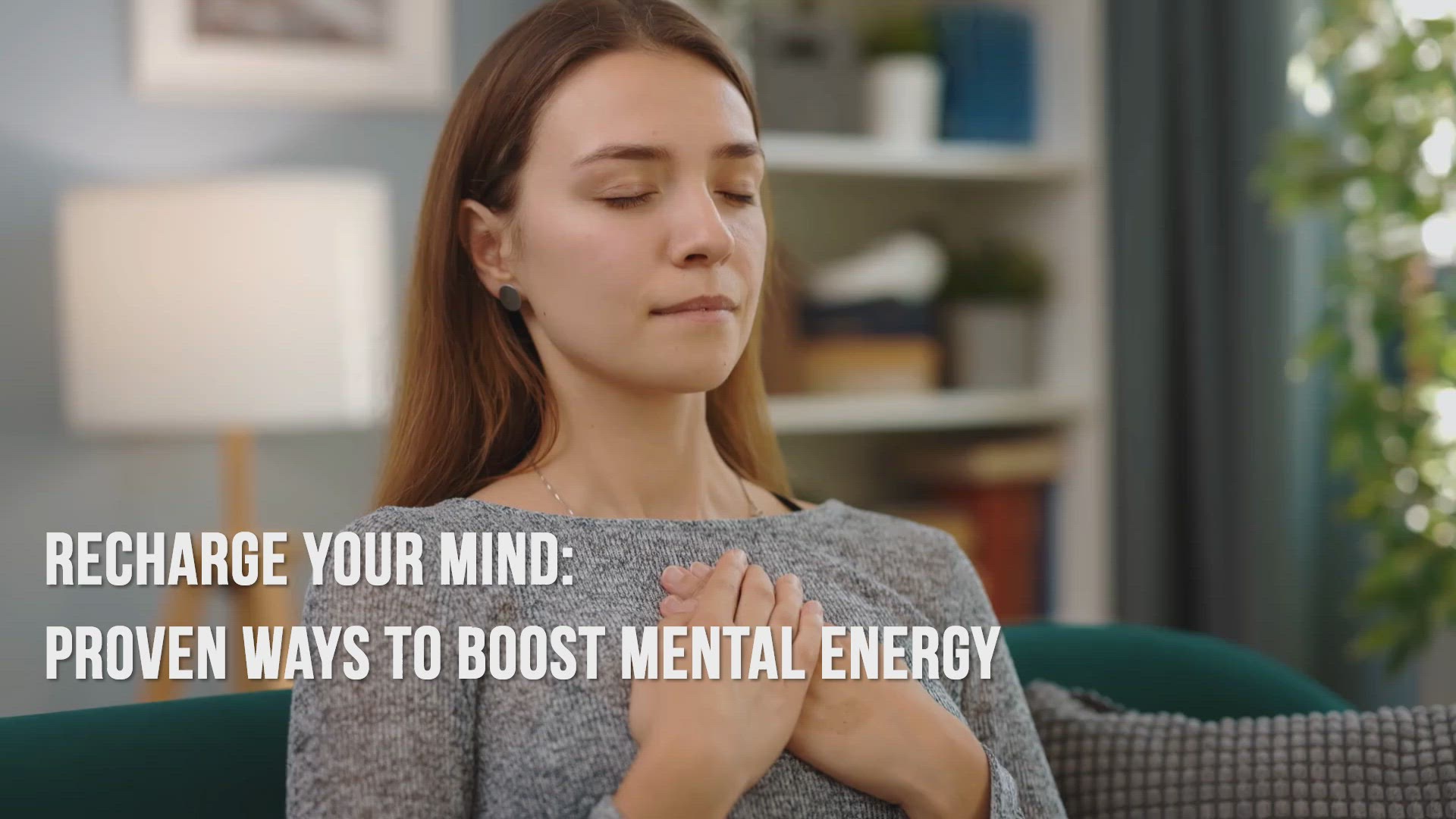
Recharge Your Mind: Proven Ways To Boost Mental Energy
Feb 16, 2025
Do you ever feel like your brain is running on empty? Maybe you wake up groggy despite getting enough sleep, or by mid-afternoon, your thoughts are sluggish, and even simple decisions feel overwhelming. Mental fatigue is real, and in today’s fast-paced wo